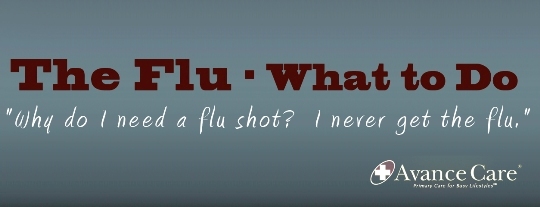Winter can be a magical time for children, filled with holiday festivities, snowball fights, and cozy nights. However, it also brings an increase in illnesses that can affect your child’s health and well-being. From respiratory infections like RSV to the common cold and flu, understanding how to protect your child during the colder months is crucial. So, we created this helpful guidebook to condense what you need to know about your child’s health during the winter months. Let’s talk about common winter illnesses, prevention strategies, and when to seek medical care.
Common Winter Illnesses in Children
1. Respiratory Syncytial Virus (RSV)
What is it? RSV is a highly contagious virus that affects the respiratory system and is especially dangerous for infants and young children. It can cause mild cold-like symptoms but may also lead to severe illnesses like bronchiolitis and pneumonia.
Symptoms to Watch For:
Runny nose
Cough
Fever
Wheezing or difficulty breathing
2. Influenza (Flu)
What is it? The flu is a contagious respiratory illness caused by the influenza virus. It tends to be more severe than a cold and can lead to complications like pneumonia.
Symptoms to Watch For:
High fever
Body aches
Fatigue
Cough
Sore throat
3. The Common Cold
What is it? Colds are caused by a variety of viruses, most commonly rhinoviruses. While generally mild, they can still make children feel miserable.
Symptoms to Watch For:
Runny or stuffy nose
Sneezing
Mild fever
Sore throat
4. Strep Throat
What is it? Caused by Streptococcus pyogenes bacteria, strep throat is a painful infection of the throat that requires antibiotic treatment.
Symptoms to Watch For:
Severe sore throat
Fever
Swollen lymph nodes
White patches on the tonsils
5. Ear Infections
What is it? Ear infections are common in children, particularly after a cold or flu, due to fluid buildup in the ear canal.
Symptoms to Watch For:
Ear pain
Tugging at the ears
Trouble hearing
Fever
How You Can Prevent Winter Illnesses in Children
Prevention is the key to keeping your children healthy during winter. Here are some effective strategies:
1. Vaccinations
Ensure your child is up-to-date on their vaccines, including:
Flu Vaccine: Recommended annually for children over 6 months.
COVID-19 Vaccine: Helps protect against severe illness.
RSV Monoclonal Antibody (for infants): Available for babies at higher risk of severe RSV.
2. Handwashing
Teach children to wash their hands frequently and thoroughly, especially after coughing, sneezing, or touching shared surfaces.
3. Proper Cough and Sneeze Etiquette
Encourage your child to cover their mouth and nose with a tissue or their elbow when coughing or sneezing.
4. Healthy Lifestyle
Adequate Sleep: Ensure your child gets enough rest to keep their immune system strong.
Nutritious Diet: Provide a balanced diet rich in fruits, vegetables, whole grains, and lean proteins.
Physical Activity: Keep your child active even in winter with indoor play or bundled-up outdoor fun.
5. Avoiding Sick Contacts
If someone in your household is sick, limit contact and disinfect high-touch surfaces like doorknobs, toys, and countertops.
6. Keeping Warm
Dress your child in layers to protect against cold weather. Don’t forget hats, gloves, and scarves when venturing outside.
When to See a Doctor if Your Child is Sick
Seek medical attention if your child experiences any of the following symptoms:
Difficulty Breathing: Wheezing, fast breathing, or using chest muscles to breathe.
High Fever: A fever over 102°F that doesn’t improve with medication.
Persistent Cough: A cough lasting more than 10 days or worsening over time.
Dehydration: Reduced urination, dry mouth, or sunken eyes.
Lethargy or Unresponsiveness: Extreme fatigue or difficulty waking up.
Prompt medical care can prevent complications and ensure your child recovers quickly.
How Our Primary Care Providers Can Help
At our primary care offices, we are committed to keeping your children healthy all winter long. We offer comprehensive services, including:
Same-Day and Next-Day Appointments: For sick visits and urgent concerns.
Vaccinations: To protect against flu, COVID-19, and other illnesses.
Preventive Care: Well-child visits to track growth, development, and overall health.
Personalized Treatment Plans: Tailored to your child’s specific needs.
Our caring providers are here to support your family’s health every step of the way. Schedule an appointment today to give your child the best defense against winter illnesses, or help them heal from sickness.



